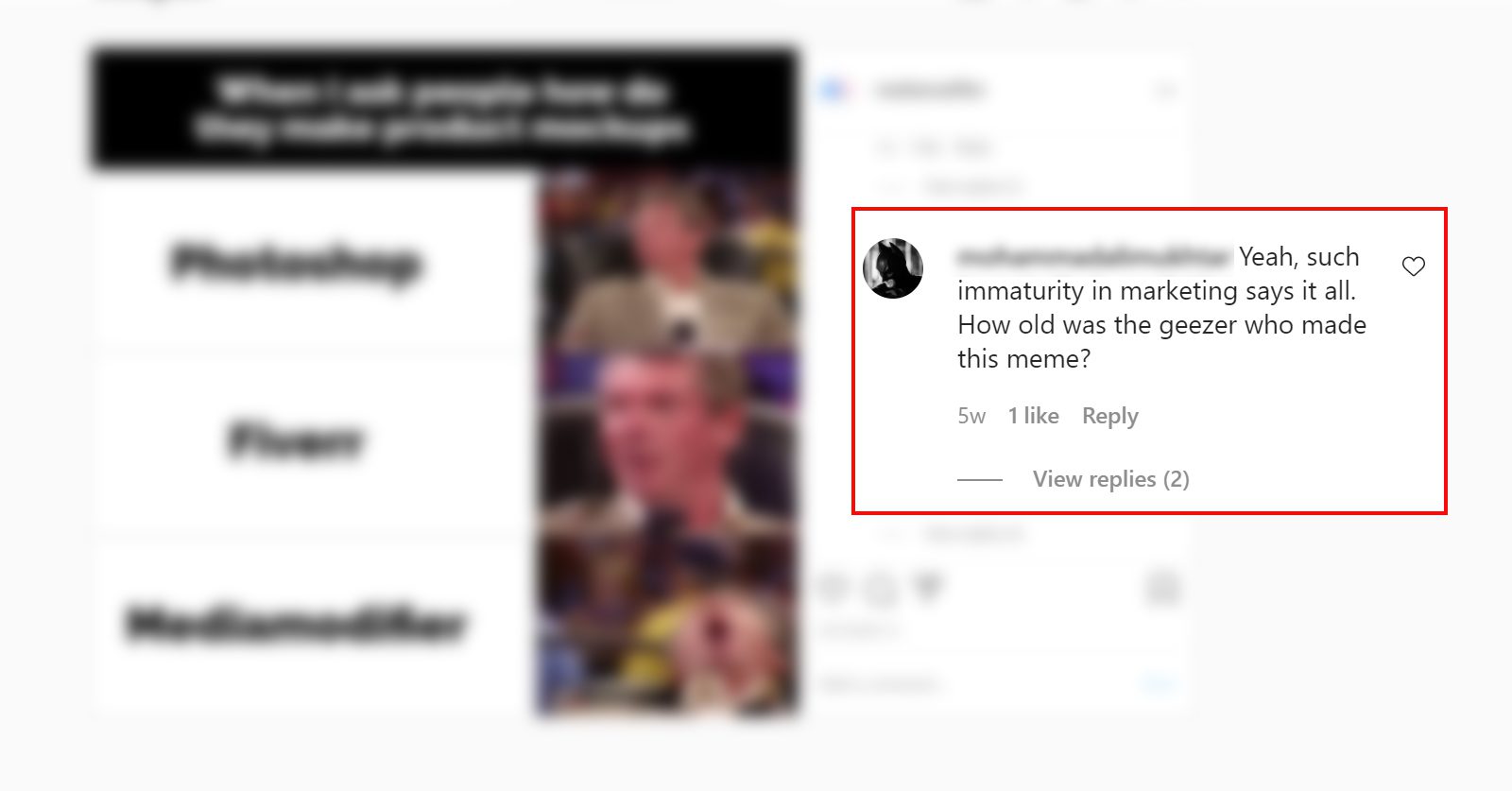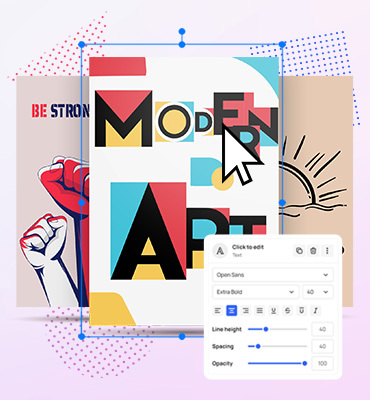How to Fail at Meme Marketing? See How We Did it!

If you want to learn how we failed at meme marketing, then you can skip the intro and jump right to this part here, but now, the introduction first:
The average person spends a whopping hour and a half every day on social media.
They’re not just engaging with their friends and acquaintances or mindlessly browsing their feed: most of them are there for the memes or amusing videos.
From Grumpy Cat to Doge, memes are a unique form of language that specifically emerged to communicate ideas and attitudes over social media.
Naturally, the power of memes can also be harnessed to breathe new life into your social media strategy: here’s how.
Meme marketing done right
“Meme” and “relatable” might not be the first words that come to mind when you think about Gucci, a brand that’s been consistently associated with sophistication, but here we are.
In 2017, Gucci utilized the power of meme marketing to promote its new line of watches. They flooded social media with a series of highly relatable, hilarious memes like this one:

Netflix also quickly jumped on the Meme Marketing train.
Their promotional campaign for Bird Box—the successful horror movie based on Josh Malerman’s bestseller, produced and released on Netflix—made use of a range of funny, relatable memes.

How to do marketing meme the right way?
Meme marketing can be an incredibly effective digital marketing strategy and not just because memes are virtually free.
They’re also a fantastic way to promote your brand without sounding too sales-y as memes are inherently not promotional: they’re funny, viral jokes your audience shares with each other while also casually name-dropping your brand.
To harness the power of meme marketing, however, you need to create good memes. And the key to do that is understanding your audience.
Millennials are typically the meme audience, so a meme marketing campaign targeting the so-called boomers might not be so successful.
Think about your potential audience’s interests and align your meme with it. If your audience is interested in movies, for instance, create memes with movie references that will resonate with them.
… and how to fail at it
Of course, meme marketing is easier said than done, as the US Department of Health and Human Services will tell you.
A few years ago they tried to jump on the meme train to promote Obamacare with the “doge” meme.
Unfortunately, they not only posted the wrong “doge” picture, but they actually used the meme inappropriately, so unsurprisingly, it fell flat.

Source: https://says.com/my/news/us-government-use-doge-meme-to-promote-obamacare-healthcare
Moral of the story? Meme marketing can be hugely beneficial, but definitely make sure you know your audience… and know your memes.
We also tried meme marketing… and failed!
Not while ago we also launched a few memes to promote Mediamodifier on Facebook.
Here are 3 memes we created and shared to the world by boosting each post for 10EUR to our website visitors and lookalike audiences:

The results:

What went wrong: while it is very easy to make mockups using Mediamodifier then in this meme it is actually the worst reaction…

So people didn’t laugh with us, they were laughing at us! 🙂
Next up, a Friends meme:

Seems like this just wasn’t funny…
And people shared our post for the wrong reasons:

The results:

This one actually reached a lot more people… probably all thanks to Joey!
Next we made a general meme that was not related to Mediamodifier but Photoshop.

The results:

This one didn’t get so much attention, but it did make people share it and tag their friends.
And as a bonus, we didn’t receive any hate mail with this meme.
The share count was also 10x higher compared to the other memes.

The Conclusion:
As you’d might expect, these meme viewers didn’t convert into paying customers or website users, but to our surprise, they did generate a bit of buzz on our social media accounts.
In total the meme campaign achieved:
- 116K People Reached;
- 42K Engaged with Post;
- 62 Shares on Facebook
- 1000+ Post likes on Facebook;
- 3000+ Post Likes on Instagram;
- 60 New Facebook Followers;
- 50 New Instagram Followers;
So we’re definitely ready to try this again in the future! 🤔
👉 Create your first mockup here and make every post unforgettable!
Frequently Asked Questions
What is meme marketing?
Meme marketing is the practice of using internet memes—typically humorous image-and-text combinations—to promote a brand or product. It leverages cultural relevance, relatability, and shareability to amplify engagement on social media while keeping promotional content subtle and entertaining.
Why do some meme campaigns fail?
Meme campaigns flop when they miss the mark on audience understanding, meme timing, or authenticity. Common missteps include using the wrong meme format, jumping on trends too late, or creating content that audiences mock rather than share with the brand in mind.
Can meme marketing generate sales, or is it only for brand awareness?
Meme marketing is primarily effective for generating brand awareness, engagement, and social buzz. While memes may not directly drive conversions, they build audience familiarity and can lay the groundwork for future campaigns with more explicit calls to action.
How can brands do meme marketing effectively?
Effective meme marketing hinges on understanding your audience’s humor, spotting trends early, and crafting both original and repurposed memes that align with brand voice. A/B testing and monitoring metrics such as reach, likes, shares, and engagement rates are key components of a winning strategy.
Are there legal risks in using memes for marketing?
Yes, brands need to navigate copyright and intellectual property rights carefully. While many memes fall under “fair use” or parody exceptions, using copyrighted images, trademarks, or celebrity likenesses without proper rights can lead to legal exposure.
When should a brand avoid posting memes?
Brands should steer clear of memes when they risk appearing out of touch, offensive, or irrelevant. If a meme doesn’t align with your brand’s identity or could be culturally insensitive, it’s safer to skip it. Forced or stale memes often do more harm than good.
Related articles
Visualize your design Use a product mockup to showcase your design


Create your design Use our templates to create delightful designs for any medium

